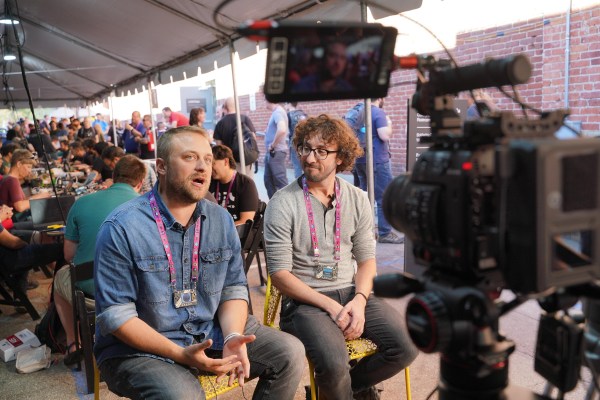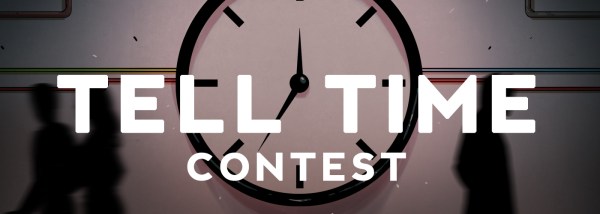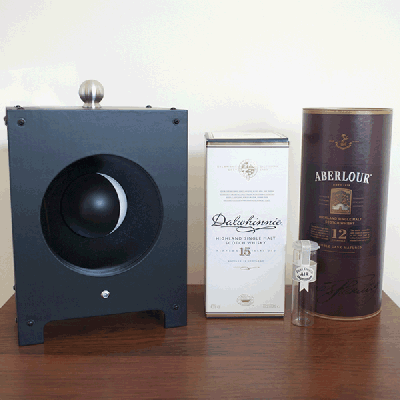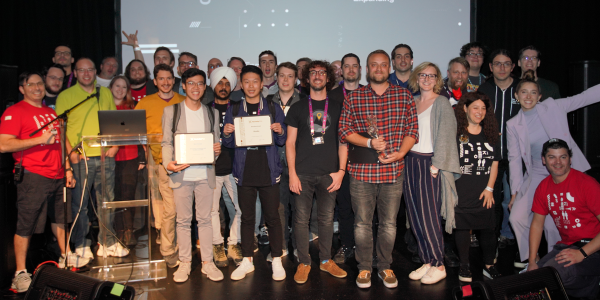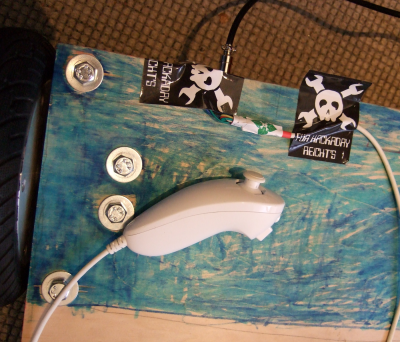 Hackaday editors Elliot Williams and Mike Szczys kick off the first podcast of the new year. Elliot just got home from Chaos Communications Congress (36c3) with a ton of great stories, and he showed off his electric cargo carrier build while he was there. We recount some of the most interesting hacks of the past few weeks, such as 3D-printed molds for making your own paper-pulp objects, a rudimentary digital camera sensor built by hand, a tattoo-removal laser turned welder, and desktop-artillery that’s delivered in greeting-card format.
Hackaday editors Elliot Williams and Mike Szczys kick off the first podcast of the new year. Elliot just got home from Chaos Communications Congress (36c3) with a ton of great stories, and he showed off his electric cargo carrier build while he was there. We recount some of the most interesting hacks of the past few weeks, such as 3D-printed molds for making your own paper-pulp objects, a rudimentary digital camera sensor built by hand, a tattoo-removal laser turned welder, and desktop-artillery that’s delivered in greeting-card format.
Take a look at the links below if you want to follow along, and as always tell us what you think about this episode in the comments!
Take a look at the links below if you want to follow along, and as always, tell us what you think about this episode in the comments!
Direct download (60 MB or so.)


